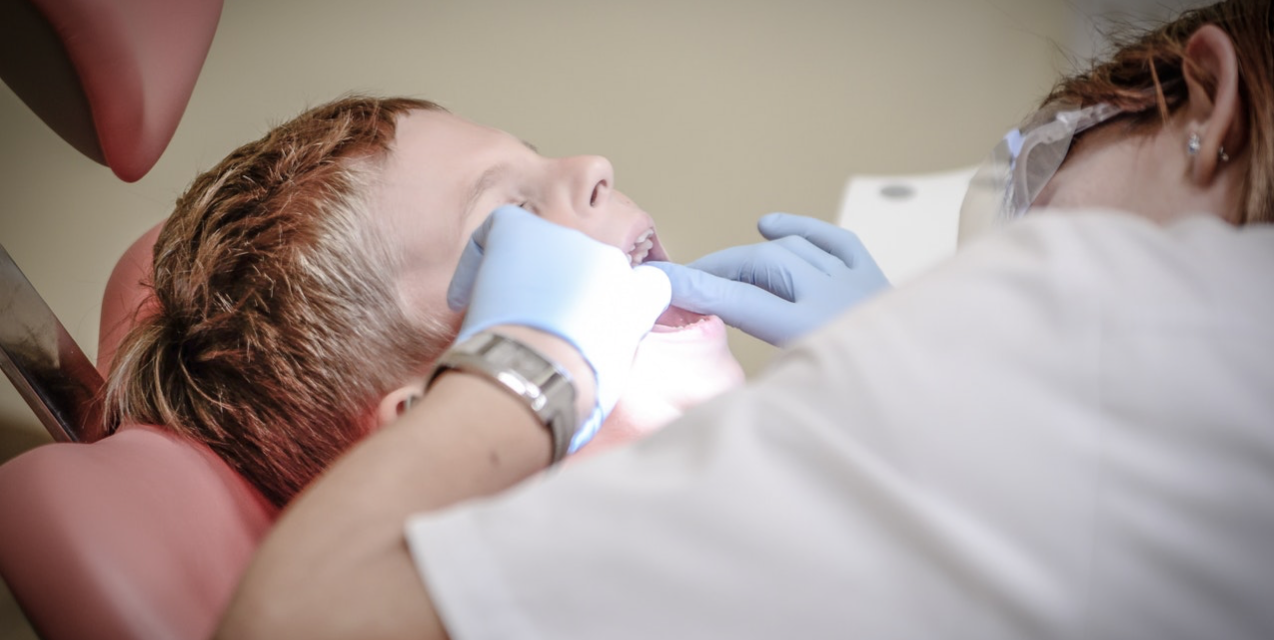We are all familiar with dentists as a whole, but there are various different types specialising in different treatments and procedures. Let’s have a look at a few…
General Dentists
These are the type of dentist that the majority of the population in UK and around the world are familiar with. They handle a large range of dental treatments and general complaints. Their services can include root canals, checkups and dental implants. They are similar to a GP in the sense that they are available for non-emergencies and advice on oral hygiene and nutrition with most families using one that they stick to throughout their time in that particular town or area. The treatment they give is often general ‘non-specialist’ and is available to the general public. Some private dentists will offer other treatment such as cosmetic dentistry.
Cosmetic Dentists
Cosmetic dentistry work from private clinics and offer a wide range of treatments specifically designed to enhance the perceived aesthetic of an individual’s specific oral appearance. These are usually not available on the NHS and can include veneers, white fillings, lumineers, teeth whitening, implants and gum contouring.
Endodontists
This type of dentist deals with the inner workings of a patient’s teeth. Their procedures can include root canals and other operations that deal with the roots, pulp, and tissue surrounding the roots. However, you may have to first consult a general dentist in your local vicinity to get recommended to such a dentistry specialist. You can go through https://serp.co/directory/best/dentists/tennessee/hendersonville/ or similar medical directories to find and confer with a suitable dental professional.
Orthodontists

Most people will be familiar with orthodontists if they have had braces or other corrective devices. Orthodontists essentially deal with an issues cause by the abnormal development of jaws and teeth. This could include crooked teeth and overcrowding. The aim of their work is to straighten crooked or misshapen teeth by using these devices to subtly move them over a certain period of time to the correct position.
An orthodontist deals with abnormalities related to the development of the teeth and jaws. This includes problems with the ways the jaws fit together or ‘malocclusion’, crooked teeth or overcrowding.
They use a variety of corrective devices or braces to reposition misaligned teeth. These braces straighten crooked or protruding teeth by means of small movements over a period of time which pulls the teeth into their correct position.
Prosthodontists
A prosthodontist works to restore a facial or dental issue such as missing teeth or a trauma caused by an injury. These types of dentist are highly trained and will often undertake serious operations to carry out complex restorations. Their work may be for reasons that are purely practical, aesthetic or a mixture of the two. It ca involve procedures such as dental implants crowns, bridges and veneers.
Periodontists
This type of dentist focus on diagnosing and treating periodontitis, which is a severe type of gum disease that often leads tooth loss if it is not treate. They can also insert implants to replace missing teeth. Each type of dentist is important for maintaining, operating and advising us on our teeth and general oral care. Although most patients will only be familiar with a general dentist there may one day be a reason for you to have to visit a specialist, so it is worth knowing what each one does and how they can help treat you should you ever need it.
- Overcoming Challenges in the Production of THC Seltzers - 10th May 2024
- The changes in dental marketing - 12th October 2022
- Online aligners or surgery based ones? - 12th October 2022








